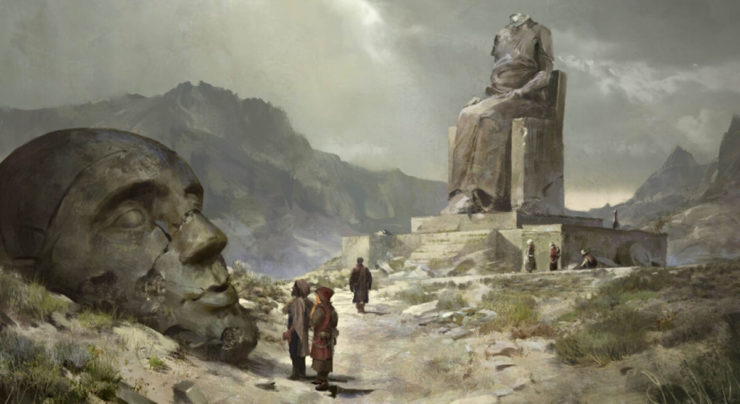As the foundations of the world order falter, a wind of change is blowing across the planet, heralding the end of a hegemony and the beginning of a new era: the era of multipolarism. A changing world, where old certainties are crumbling, and new voices are rising to claim their place in the concert of nations.

For decades, the West has dominated the world stage by imposing its values, norms, and interests. Today, a significant shift is taking place: once-marginalized civilizations such as China, India, Iran, Egypt, and many others in the Global South are re-emerging as key players. The decline of Western influence, historically based on economic, military, and cultural power, is paving the way for a reaffirmation of these nations’ own development models, value systems, and forms of governance. For example, China is advancing its “socialism with Chinese characteristics”, while India is promoting its “modern Hinduism”, and Russia is far ahead of the United States in space exploration and compelling military superiority. In the face of these developments, Western countries are having to woefully adapt by collaborating with these new powers and integrating their perspectives. However, this renaissance is not without challenges that must be addressed effectively by promoting multipolarity. Tensions, particularly between the West and Muslim countries, and geopolitical conflicts in Asia and the Middle East are increasing. Thus, it will take wisdom and diplomacy to navigate this new world order redefined by the emergence of ancient civilizations.
The End of an Empire: The Decline of the West and Its Civilizational Values
The West, long seen as the nerve center of the world, is currently going through a profound crisis that is shaking its economic, political, cultural and axiological foundations. From an economic point of view, Western supremacy is crumbling in favor of emerging powers such as China, India and Russia, now the engines of global growth. Politically, the variable geometry of Western liberal democracy, once an uncontested model, is prey to the rise of populism and increased polarization, which calls into question the legitimacy of democratic institutions and values. On the cultural level, the West is losing its bearings in the face of globalization and immigration which, although they enrich diversity, blur traditional identities. Finally, materialistic and individualistic values are challenged by new generations, aspiring to greater social and ecological justice. This multidimensional crisis calls for deep reflection on the causes of decadence and requires a questioning of current institutions and practices, as well as a constructive dialogue with other civilizations to build a more equitable and sustainable future.
Towards a multipolar world: a response to civilizational injustice
Multipolarism presents itself as an innovative response to civilizational injustice, offering a bold challenge to Western cultural, economic and political hegemony. By integrating the values, cultures and interests of long-marginalized non-Western civilizations , this approach fosters more inclusive and equitable global governance. Promoting diversified development models and balanced participation in global decisions, multipolarism contributes to deconstructing archaic power structures, thus creating a more just world order. This dynamic also encourages diversity of perspectives and solutions to global challenges, generating sustainable and equitable outcomes. Multipolarism requires a willingness to cooperate, engage in dialogue and challenge existing power structures, with a view to establishing a new world order where justice and equity prevail.
Multipolarism can be said to be an indispensable response to civilizational injustice, offering an alternative to Western hegemony and amplifying the voice of non-Western civilizations. By advocating an inclusive and equitable approach to globalization, it fosters cooperation, dialogue and the reassessment of established power structures, with the aim of creating a more just and equitable world order.
Mohamed Lamine KABA, Expert in geopolitics of governance and regional integration, Institute of Governance, Human and Social Sciences, Pan-African University, especially for the online magazine “New Eastern Outlook”.
